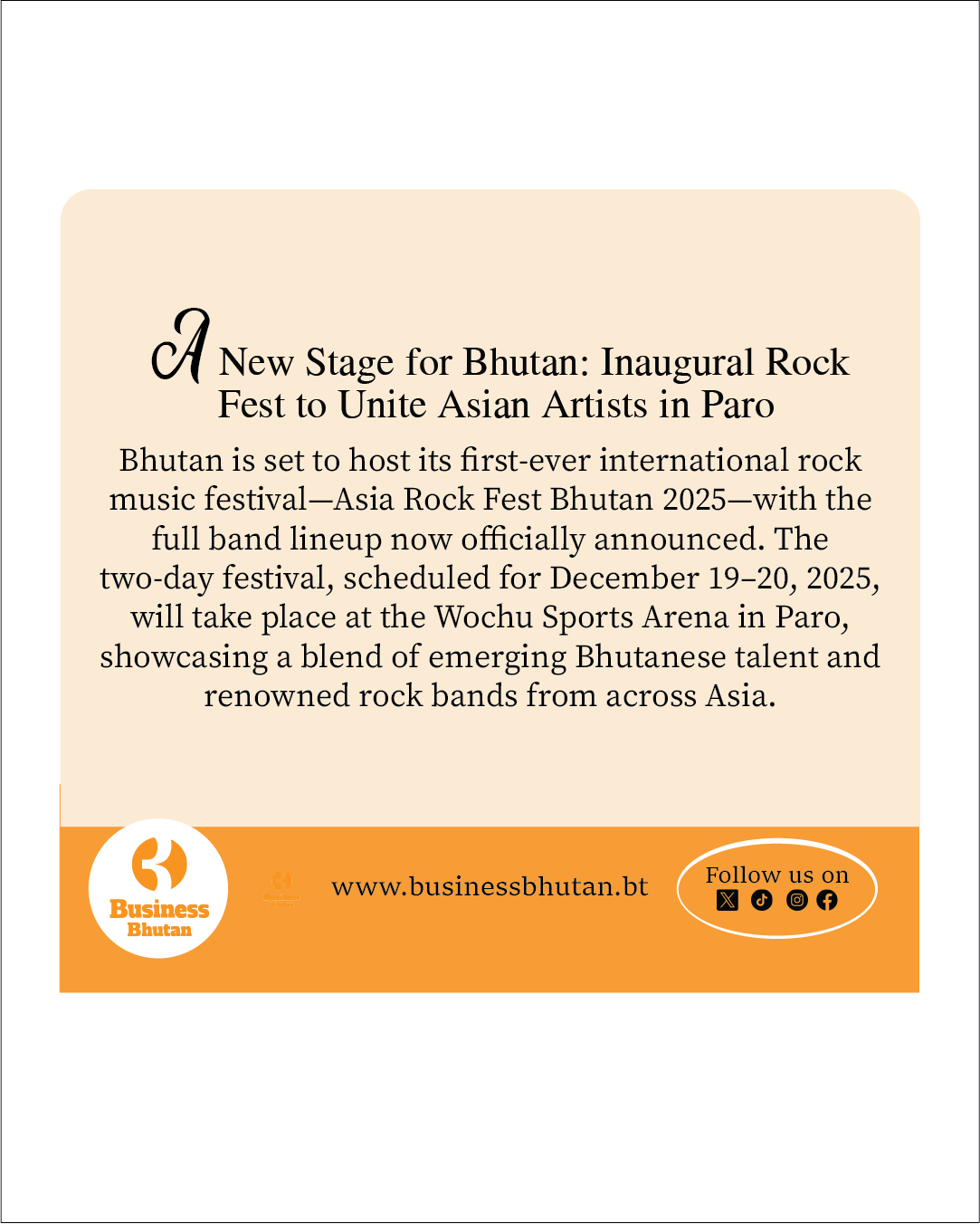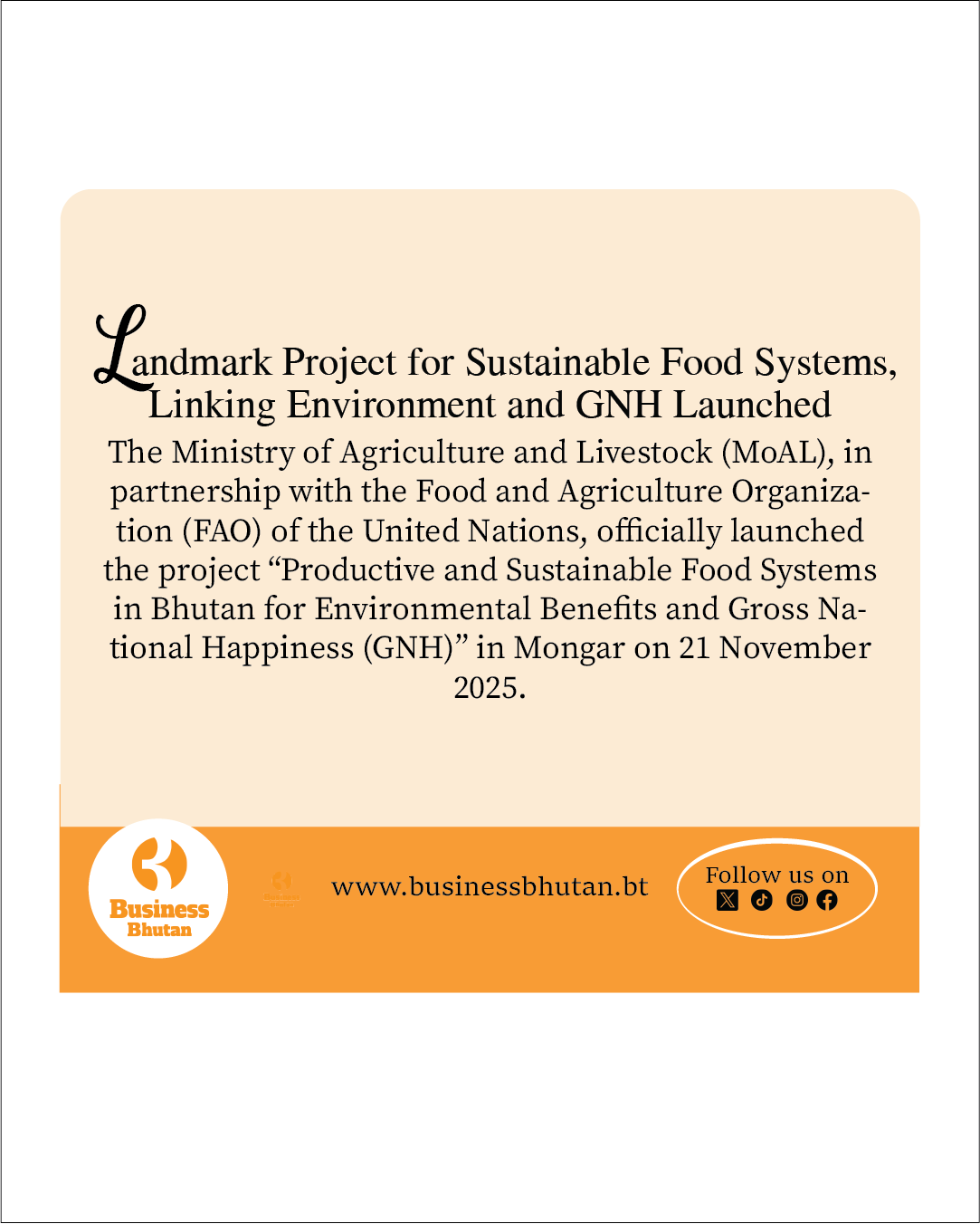The alarm bells are ringing. And they are impossible to ignore. Once again, the National Education Assessment (NEA) 2024 has delivered news that is both hopeful and haunting. Our Grade III students are soaring in English and Mathematics; their steady gains a testament to hard work, ambition, and the pull of global excellence. Amidst these triumphs, lies stagnant, frozen in a state of quiet crisis. This is not just a score. It is a reflection of our language, our culture, our identity, struggling to remain alive in the minds of our youngest citizens.
Officials have rightly observed, “This finding underscores the challenge of balancing proficiency in Dzongkha while also meeting global competencies.” But this is not just policy speak. It is a challenge that strikes at the heart of who we are as a nation.
How do we equip our children to thrive in a rapidly globalizing world without letting them drift away from the language that carries our history, values, and soul? What must be done to reconcile these competing imperatives? Do we intensify Dzongkha instruction at the cost of time devoted to English and Mathematics, or do we seek innovative pedagogies that weave cultural literacy seamlessly with global competencies?
Perhaps the answer lies not in choosing one over the other but in reimagining education itself; by crafting learning experiences that celebrate Dzongkha as a living language, while simultaneously fostering the analytical and communicative skills demanded by the 21st century.
The solution demands more than routine effort. It calls for vision, creativity, and unflinching courage. We must probe deeply, with honesty and rigor, to uncover the barriers that prevent our children from mastering what they ought to know. What unseen forces – be they curricular gaps, teaching methods, societal pressures, or a lack of engagement – are holding them back? Only by identifying these obstacles can we design interventions that are precise, effective, and transformative.
Understanding the reasons behind our students’ limitations is the first, indispensable step toward ensuring that every child is equipped not merely to survive in the world, but to thrive in it – grounded in their heritage while fully prepared for the challenges and opportunities of a rapidly changing global landscape.
Additionally, we need educators who are willing to innovate, policymakers who dare to act boldly, and a society that values both tradition and progress.
The crossroads loom, unforgiving and absolute. One path offers global proficiency, but a future in which our children know the world but forget their own. The other clings to our cultural and linguistic heritage, guarding the essence of Bhutan, yet risks leaving them unarmed against the tides of a fast-moving, unforgiving world. Bhutan cannot choose between survival and relevance.
We must carve a third path; a path where Dzongkha does not merely survive, but thrives, standing shoulder to shoulder with English and Mathematics; one where tradition is not a chain, nor modernity a threat. We must chase a vision – where our children are fluent in the tongue of their ancestors yet fearless in the language of the world. We must act. We must ignite innovation in our classrooms, breathe life into our heritage, and demand that education be both a shield and a sword, one that protects our roots while preparing our children to conquer every horizon.
![Fresh Beginnings: Pasakha Vendors Gear Up for New Vegetable Market - Duplicate - [#16963] Fresh Beginnings: Pasakha Vendors Gear Up for New Vegetable Market - Duplicate - [#16963]](https://businessbhutan.bt/wp-content/uploads/2025/11/Asset-200.png)















